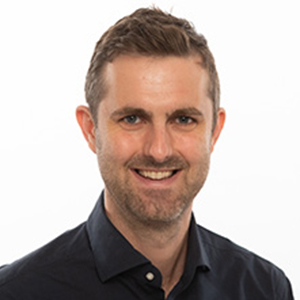This talk will discuss several approaches for reduced-complexity modeling, coherent structure prediction, and feedback control of unsteady fluid flows. One common thread throughout the methods to be discussed will be the use of sparsity-promoting methods to obtain minimal-physics models, identify localized linear energy amplification mechanisms, and select favorable sensor locations for real time estimation and control.

The first part of the talk will discuss a methodology for identifying the terms in the governing equations primarily responsible for dominant linear energy amplification mechanisms observed at specified spatio-temporal scales in turbulent flows. Next, I will present a variant of the resolvent analysis framework that identifies linear amplification mechanisms that are localized in both space and time, in contrast to the Fourier modes that naturally arise in directions of homogeneity.
This method is applied to identify amplification mechanisms for both statistically stationary and non-stationary turbulent flows. Finally, I will describe a methodology for exploiting neural network architectures to perform a variety of common flow analysis and control tasks. Starting with a nonlinear fluid system equipped with some means of actuation a neural network surrogate model for the actuated system is identified. This surrogate is then used to train a second neural network that is designed to achieve a desired control objective. Through an iterative training process for both the model and controller neural networks, feedback control laws are obtained that can to drive unstable, nonlinear fluid flows to their equilibria.
Scott Dawson is an assistant professor in the Mechanical, Materials and Aerospace Engineering Department at the Illinois Institute of Technology. Prior to this, he was postdoctoral scholar at the California Institute of Technology, and he completed his Ph.D. in Mechanical and Aerospace Engineering at Princeton University. His research interests include reduced-order and data-driven modeling, optimization and control in fluid mechanics, with a particular focus on modeling wall-bounded turbulent flows and unsteady aerodynamic systems. His research has been supported by AFOSR and an NSF CAREER award.